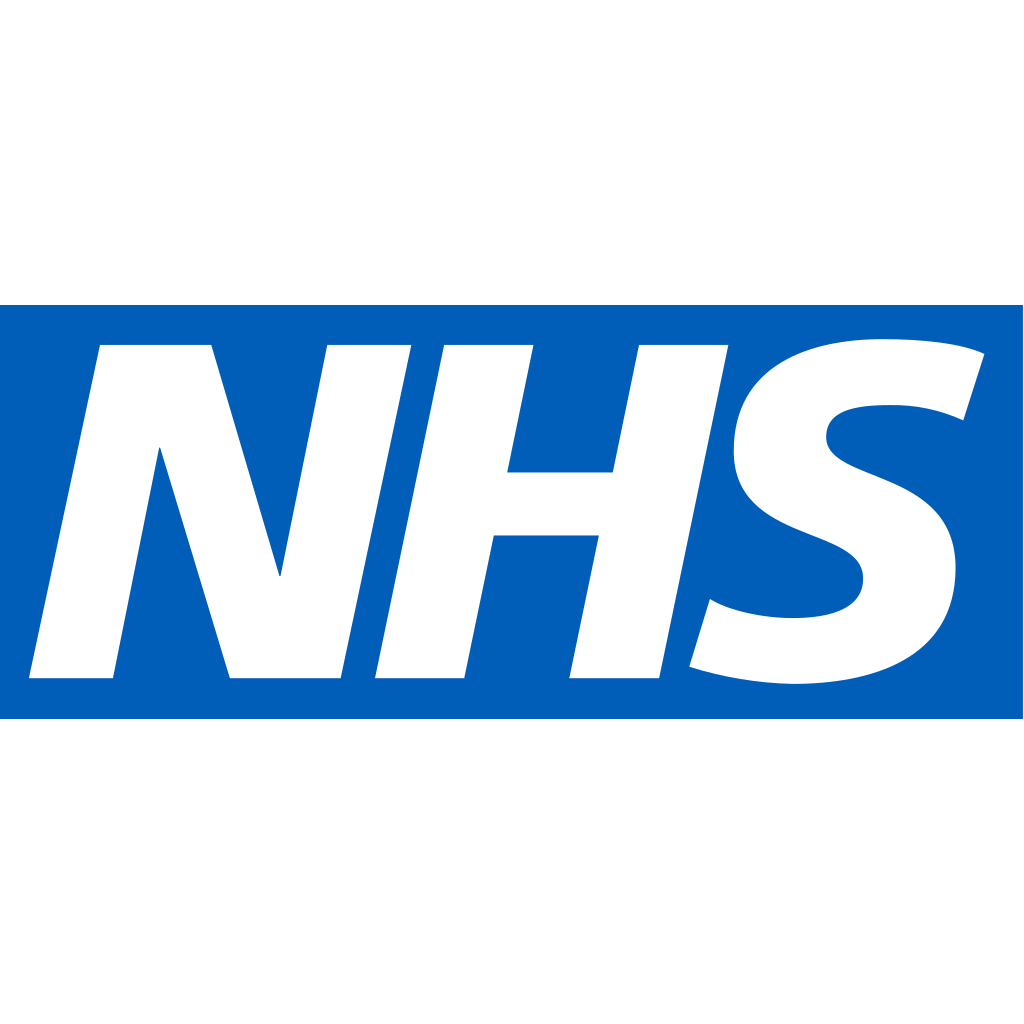NHS England informs dental practices of contractual arrangements over next six months
NewsPosted by: Dental Design 29th March 2021

NHS England has, today, informed dental practices of the contractual arrangements over the next six months in a letter from Ian Dodge, Executive Director of Primary Care, Community Services and Strategy, and Jo Churchill, Parliamentary Under Secretary of State Prevention, Public Health, and Primary Care.
An electronic copy of this letter, and all other relevant guidance from NHS England and NHS Improvement can be found online here.
The letter, which can be read in full here, states that, ‘in December 2020, following discussion with the Department of Health and Social Care (DHSC) and NHS England, the return to usual pre-pandemic NHS contract arrangements was confirmed, ending income protection as rapidly as proves practicable.’
However, it also states that DHSC and NHS England are mindful that:
- current IPC arrangements will continue to act as a brake on full recovery
- practices want as much stability as possible, and the ability to plan ahead; and
- the profession seeks faster progress on reform of the current UDA contract.
In addition, DHSC has asked NHS England to lead the next stage of dental contract reform, working with the BDA and government to develop a revised reform process focused on designing implementable proposals that ‘address the key challenges facing the delivery of NHS dentistry, leverage changes in the wider primary care system and meet the key tests described below’. DHSC will work to gain cross government agreement to any proposals and expedite any necessary legislative change that is required as part of this necessary reform process.
It is noted that for national contract reform to be viable, six aims apply. They are that contract changes must:
- Be designed with the support of the profession
- Improve oral health outcomes (or, where sufficient data are not yet available, credibly be on track to do so)
- Increase incentives to undertake preventive dentistry, prioritise evidence-based care for patients with the most needs and reduce incentives to deliver care that is of low clinical value
- Improve patient access to NHS care, with a specific focus on addressing inequalities, particularly deprivation and ethnicity
- Demonstrate that patients are not having to pay privately for dental care that was previously commissioned NHS dental care
- Be affordable within NHS resources made available by Government, including taking account of dental charge income.
The letter also states that, in February, mean performance was 59% of contracted Units of Dental Activity (UDAs) and that contracts will continue to be in place for 100% of normal volumes, and ‘our
expectation is that all NHS funded capacity is used to deliver the maximum possible volume of safe care for patients. In recognition of the ongoing constraints to practice capacity due to Covid-19 there will be ongoing contractual protection for practices unable to deliver normal contracted activity for the first six months of 2021/22. During this period clawback will not be applied to practices delivering at least 60%1 of contracted UDAs and 80%2 of contracted UOAs (Units of Orthodontic Activity). The rate of clawback will then reduce linearly down to the existing lower threshold of 36% UDAs and 56% UOAs. Below these levels normal clawback will apply. The payment for activity not delivered, exempt from clawback by these arrangements, will continue to be adjusted by 16.75% to take account of variable costs not incurred.’
The latest NHS dentistry and oral health bulletin update from Sara Hurley and Gabi Darby, meanwhile, focuses on the next steps for dental contract reform.










